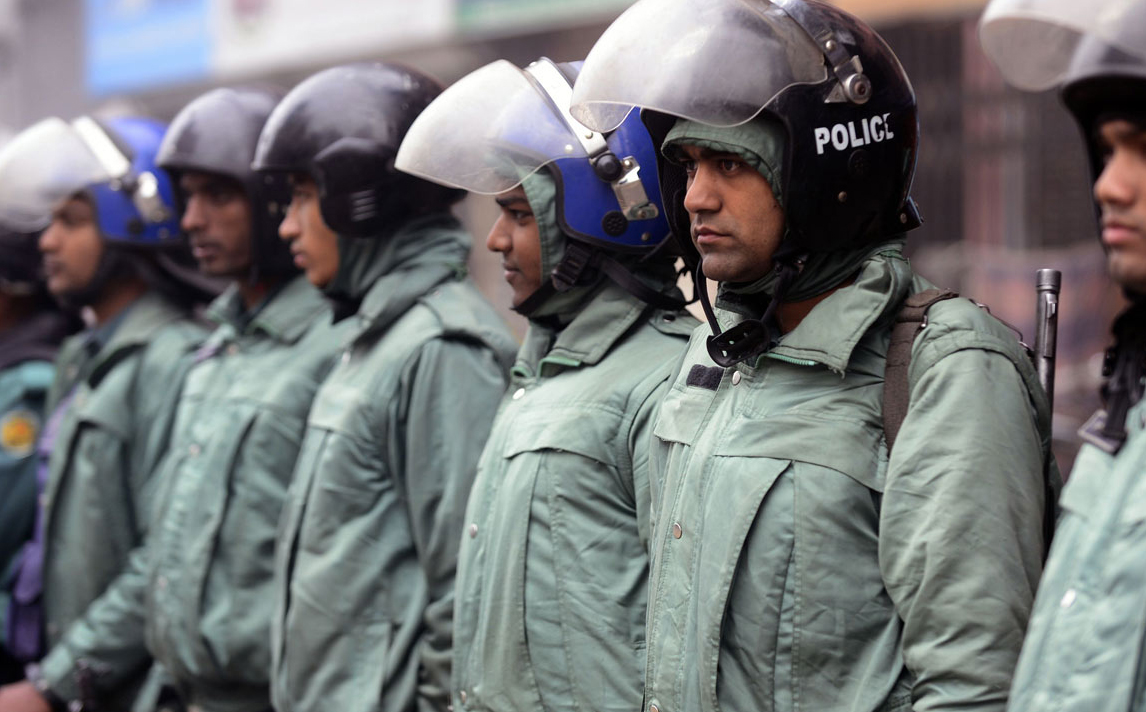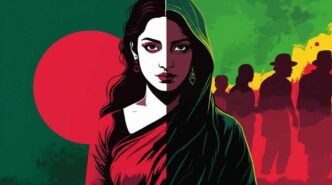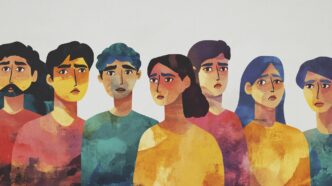One of the reasons why Batman has endured as a symbol is the inherent draw of his power fantasy. A man, dressed like a bat, operating from the shadows, striking vengeance where he sees fit, picking after ineffectual (and often corrupt) authorities. The reality of vigilantism, however, is quite different.
That kind of extra-judicial justice often ends on a bitter note, as was the case this Saturday when a mob of hundreds beat Renu Begum to death after suspecting her of child trafficking.
Renu Begum had gone to a school in Badda in order to get admission for her four year old daughter. Once three people started assaulting her, the rest soon joined in. Footage of the event shows a group of people encircling her, relentlessly kicking her to the curb.
Mob justice is not a new phenomenon in Bangladesh. However, the way it has persisted throughout the decades is emblematic of how the populace feels about law and order.
In Bangladesh, like in many other developing countries, there is a lack of faith in both the police and the judicial system. According to the Daily Star, around 75% of police cases in 2008 ended up in acquittals, due to flawed investigation procedures.
In African countries, mob justice is even more prevalent and, in some cases, more brutal. 543 people died from lynching in Kenya in 2011, and in 2014, 582 people died from the same cause in Uganda. In South Africa, there is a gruesome practice called ‘necklacing’, where a tire doused in gasoline is placed around the suspect’s neck, which is then set on fire. Gail Super, a criminologist at the University of Cape Town, pointed out that lynching is more likely to happen in poor and informal settlements, where the presence of authorities is very minimal.
However, lynching is, in some cases, worse in major cities, where police arrive often too late.
In 2015, Eric Ponda grazed a pedestrian’s food with his car in Mombasa. “They stormed out of their houses and they really wanted to burn the car, they pushed me out of the car and started beating me up,” Ponda said to DW. Thankfully, the police arrived before things could get worse. “That was my salvation. If the police had not passed by, they would have burnt me alive or set my car on fire.”
In response to Renu Begum’s lynching, Bangladesh Police has officially stated that spreading rumors and killing suspects is a crime. A case has been filed against as many as five hundred people who were involved in the beating. Renu Begum wasn’t the only person to die from lynching on Saturday: two others were also beaten to death in Narayanganj, while two men were assaulted in Keraniganj, also suspected of being child traffickers.
While it remains to be seen what will be done about this incident, it’s unlikely that the spate of mob violence will abate anytime in the near future. Although the nation’s overall environment is much more stable now compared to what it was in the last two decades, people still believe that authorities are inept and that they need to take justice into their own hands.
We must invest and believe in our institutions; and although that’s often a slippery slope in Bangladesh, we must do the hard work of upholding and abiding by law and order. Otherwise, what’s to stop a mob from murdering you or me, or worse, our loved ones? It’s high time we realize that might alone cannot make right: we also need transparency and jurisprudence.







